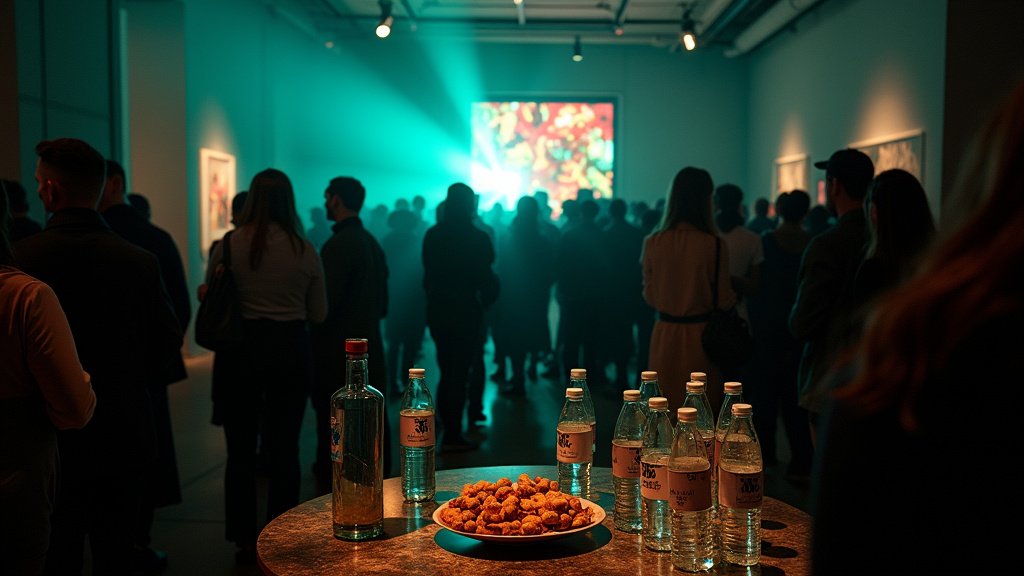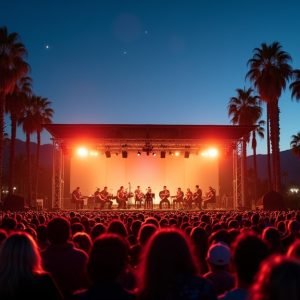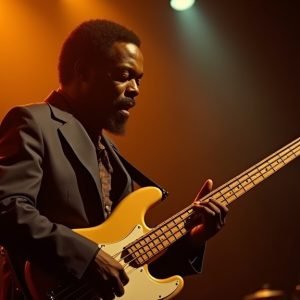The 15th anniversary of the **GLAFF Film Festival** recently concluded in Los Angeles, a milestone event that, while celebrated by some organizers as the most successful yet, has also ignited a significant debate within the community. Amidst praise for its inclusive programming and cultural bridge-building, the **GLAFF Film Festival** is facing scrutiny over its artistic direction, its relationship with commercial interests, and its commitment to authentic cultural storytelling.
The 15th GLAFF Film Festival: A Milestone Marked by Discord
The 15th edition of the **GLAFF Film Festival**, held from November 6-8, 2025, in various Los Angeles venues, was heralded by festival president Guillermo Gómez Mata as the best iteration of the event to date. The **GLAFF Film Festival**, organized by the University of Guadalajara Foundation USA in collaboration with the Festival Internacional de Cine en Guadalajara (FICG), has long served as a cultural nexus, connecting Latin American cinema with the vibrant multicultural landscape of Los Angeles. This year’s program highlighted a commitment to diversity, with a significant portion of selections directed by women and featuring filmmakers from a broad spectrum of backgrounds, including Latinx, Black, Asian-American, Indigenous, Queer, Filipino, and Arab voices, enhancing filmmaker visibility. The **GLAFF Film Festival** continues to be a vital platform for diverse storytelling.
However, beneath the surface of this celebration, a growing sentiment among some community members points to a perceived shift in the **GLAFF Film Festival’s** core mission. While organizers emphasize inclusivity and showcasing new talents, critics express concern that the film festival programming has become overly focused on select artists and films catering to mainstream tastes, potentially moving away from representing the full breadth of Latin American cultures and diverse storytelling. This is a key concern for the **GLAFF Film Festival**, impacting its community representation.
Questions of Cultural Representation at the GLAFF Film Festival
The **GLAFF Film Festival’s** stated mission is to “discover, support, and give visibility to voices that enrich the film landscape with authentic stories”. The **GLAFF Film Festival’s** evolution since its rebranding in 2020 as GuadaLAjara Film Festival (GLAFF) aimed to solidify its own distinct identity, shaped by the bicultural experiences of Latinx communities in Los Angeles. Organizers have emphasized a commitment to uplifting a new generation of Latin American, Latinx, and BIPOC filmmakers, while also celebrating established creators, a key aspect of the Guadalajara Latin American Film Festival’s legacy. The **GLAFF Film Festival** aims for this balance, promoting community representation and filmmaker visibility.
Despite these intentions, some observers feel the **GLAFF Film Festival’s** direction has become compromised. The initial context suggests a worry that commercial influence on festivals might be prioritized over authentic cultural storytelling, leading to a less diverse and more generalized representation of Latin American identity. This concern is exacerbated by discussions around the **GLAFF Film Festival’s** partnerships and funding, which some feel lack transparency, potentially influencing film festival programming choices. The **GLAFF Film Festival** must address these issues to maintain its commitment to cultural authenticity.
The “Move Ya Body” Controversy at the GLAFF Film Festival
A specific point of contention arose during the screening of the documentary “Move Ya Body: The Birth of House”. The film explores the origins of house music, tracing its roots from Chicago’s underground clubs and highlighting the contributions of Black and queer communities, showcasing diverse storytelling. While the film itself has been noted for its exploration of house music’s history and its impact, its inclusion at the **GLAFF Film Festival** has also been tied to broader criticisms. Some community members questioned whether the film, despite its subject matter, fully captured the nuanced cultural origins of house music or if its inclusion represented a move towards more widely recognized genres that might appeal to a larger, perhaps less niche, audience. The documentary itself has faced reviews noting that while it highlights the genre’s origins, it sometimes struggles to delve deeply into its complex history, with some critics pointing out that it doesn’t definitively answer all the claims surrounding the “birth of house music”. The **GLAFF Film Festival** continues to be a subject of debate regarding its film festival programming.
Reflections on the GLAFF Film Festival’s Impact and Future
The **GLAFF Film Festival** has undeniably carved out a significant space for Latin American cinema in Los Angeles over its 15-year history. Its role as a cultural bridge, fostering dialogue and understanding, is widely acknowledged. The **GLAFF Film Festival’s** commitment to supporting filmmakers and providing a platform for diverse stories remains a core tenet, with proceeds often supporting social impact projects, contributing to community representation. The **GLAFF Film Festival** is a cornerstone for many, offering vital filmmaker visibility.
However, the current discourse surrounding the **GLAFF Film Festival’s** 15th anniversary underscores a critical juncture for the institution. The **GLAFF Film Festival** must navigate the delicate balance between commercial viability, diverse cultural representation, and its foundational mission of showcasing authentic Latin American narratives. As the **GLAFF Film Festival** looks towards its future, addressing these criticisms with transparency and a renewed focus on community engagement will be paramount to maintaining its integrity and its esteemed position in the cultural landscape. This ongoing news signifies a vital conversation about how cultural festivals evolve and serve their intended audiences, reflecting the film festival evolution. The **GLAFF Film Festival** is at a crossroads, balancing commercial influence with cultural authenticity.

























